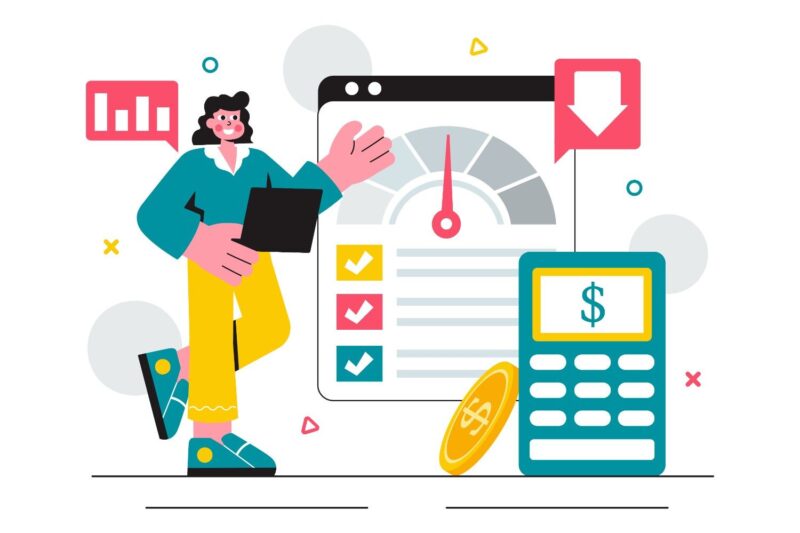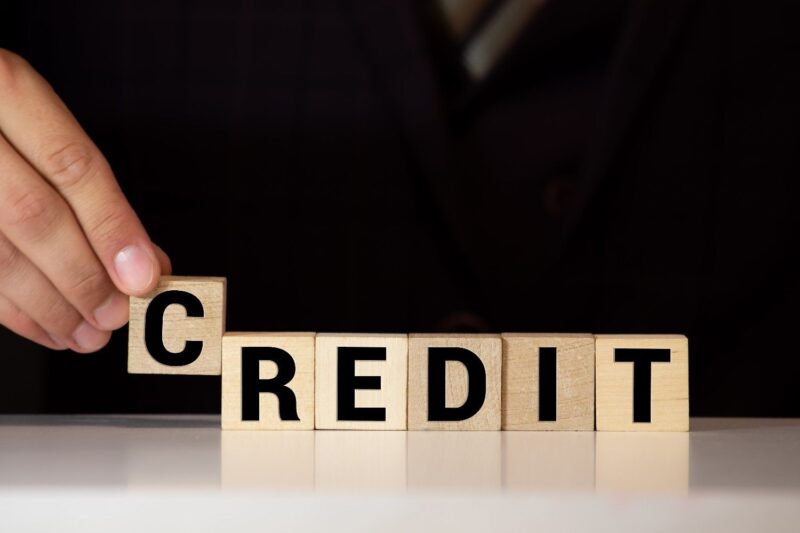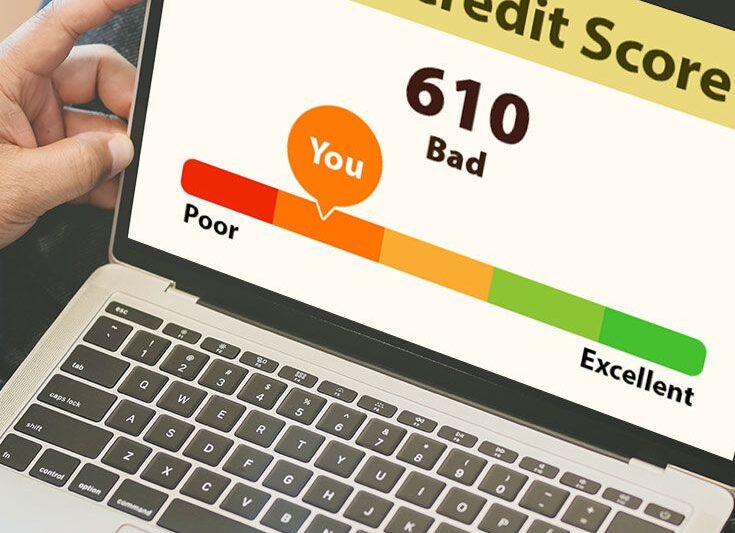You’ve reduced your spending, paid off your credit card debt, and at last feel financially secure. The question then comes up: Is it better to close your unused credit cards to raise your credit score?
With fewer cards, fewer temptations, and more control, it seems like a wise decision. However, the answer is more complex than it seems when it comes to credit management. Depending on your financial history and general habits, closing unused cards might occasionally do more harm than good.
Let’s explore how this choice affects your credit score and what represents good credit management in this case.
Why Unused Credit Cards Still Matter
Although it may not seem important, an unused credit card has a small impact on your financial profile. Your credit utilisation ratio, or the proportion of your available credit that you are currently using, is impacted by your credit limit, even if you do not swipe it.
For example, your utilisation is 20% if you have two cards with a combined limit of ₹1,00,000 and use ₹20,000 per month. However, your available credit decreases and your utilisation rises to 40% if you cancel one card with a ₹50,000 limit. Your credit score may suffer as a result of that higher figure.
The following example demonstrates the importance of strategic credit management. Even apparently small choices, like closing a card, can have far-reaching effects.
The Link Between Credit Cards and Credit Score
The length of your credit history, payment history, credit utilisation, and credit mix all affect your credit score. When you cancel a credit card, each of these is affected. Closing an old card, for instance, can shorten the length of your credit history overall, which could result in a small decrease in your score. On the other hand, keeping it open maintains your credit limit and age.
This is where careful credit management comes into play; it’s not just about the number of cards you hold, but also about how you use and care for them.
When Closing a Credit Card Might Be the Right Move
Unused credit cards can be closed for good reason, particularly if keeping them open isn’t helping you meet your objectives. In the following situations, it makes sense:
1. Higher annual fees with little in the way of benefits
It’s best to cancel a credit card that has a high annual fee and rewards you rarely use. Instead, concentrate on cards that offer useful features like fuel savings, travel points, or cashback.
2. The tendency to overspend
Reducing your card spending can help you develop better money management if having too many cards tempts you to put off payments or make impulsive purchases.
3. Risks to Security
Criminals may target inactive cards. You might miss suspicious activity if you don’t frequently check them. By closing these accounts, you can lower that risk and improve your credit management.
When Keeping the Card Open Is the Smarter Option
Keeping an unused credit card can sometimes help you achieve your credit score improvement objectives.
1. Maintaining a Low Credit Utilisation Ratio
Ideally, you should maintain your credit utilisation ratio below 30%. A low ratio is an essential element of a high credit score, and keeping unused cards open increases your total available credit.
2. Maintaining Your Credit Record
Closing the unused card can reduce your average credit age if it’s one of your oldest accounts. Your credit history is a better indicator of your responsible credit behaviour, the longer it is.
3. Maintaining a Balanced Credit Mix
Borrowers with a well-balanced mix of unsecured (credit cards) and secured (loans) credit are preferred by lenders. Keeping an unused card shows that you have good credit management skills and broadens your credit portfolio.
Smart Ways to Manage Unused Credit Cards
Here’s how to handle your old cards carefully and avoid making them a burden if you choose to keep them.
1. Make Use of Them Sometimes
Every few months, make a small purchase, such as paying a utility bill or subscription, and make sure to pay it off in full before the due date. By doing this, the bank fails to automatically cancel the card, and it remains active.
2. Set up Automatic Payments
Attention must be paid to even the smallest activity. By protecting your credit history while encouraging consistent credit score improvement, setting up auto-debits or reminders guarantees that you never miss a payment.
3. Track Every Account You Have
Note all of your credit card information, including limits, benefits, and due dates. When handling several credit cards, this keeps you organised and maintains strict financial discipline.
4. Avoid Closing Several Cards at Once.
If you have to close cards, take your time. Closing multiple loans at once can result in a sharp decline in your credit score and an immense decrease in your total credit limit.
Conclusion
Closing unused credit cards can sometimes have the opposite effect of improving credit scores. Knowing how your financial choices impact your credit health as a whole is important.
Review your credit cards periodically, manage your credit in a balanced manner, and make choices that will improve your long-term financial security.
Recall that your credit score is the result of years of careful financial decisions, patience, and responsible credit behaviour.



